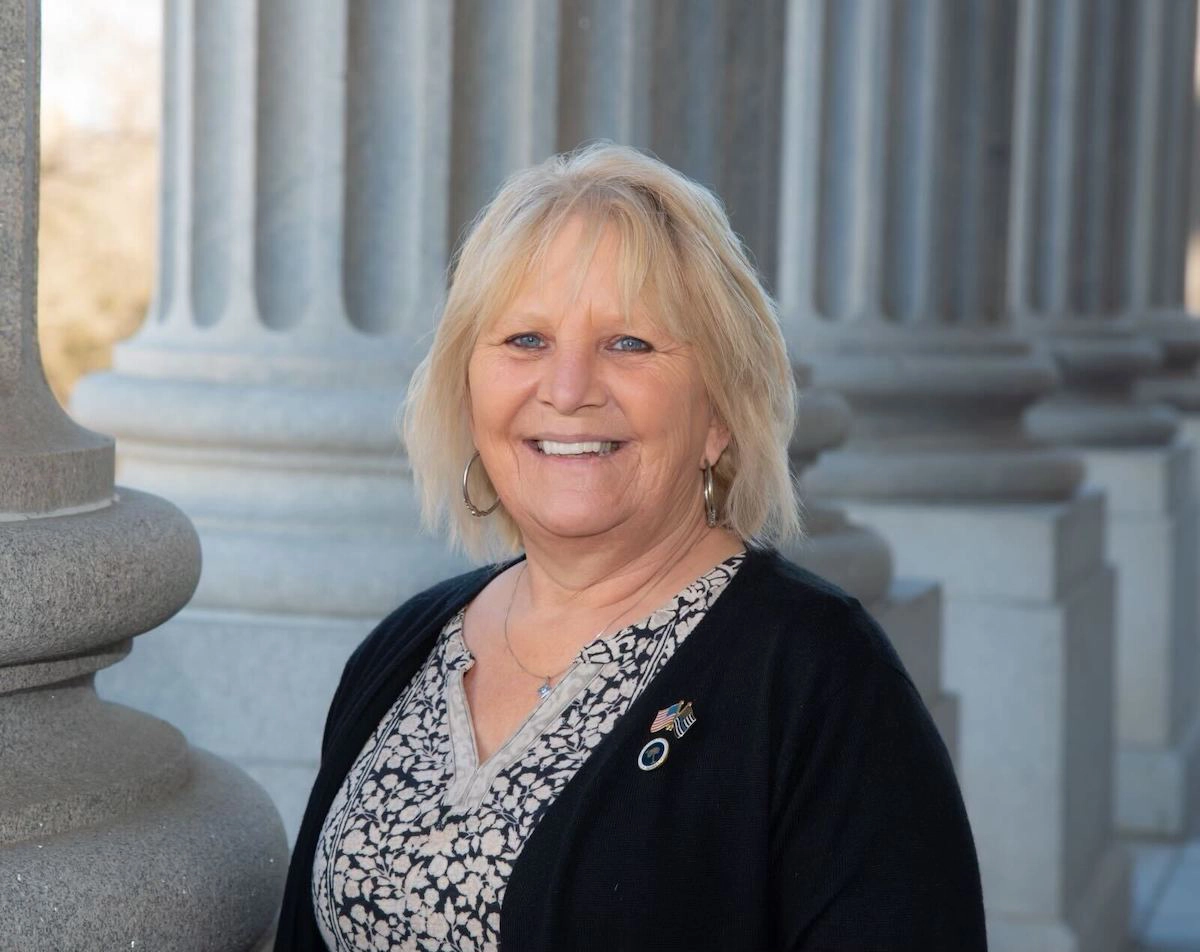By Scott Graber
It is Thursday and I’ve got my coffee — Dunkin’ Donuts Original Blend — and the January issue of SC Lawyer. This issue has the usual mix of helpful articles (“A Roadmap of Alimony Calculation in S.C.”) and those that are more self-help (“Improving Lawyer Well Being; Let’s Start with Curiosity!”) and those that warn young lawyers not to outsource their patent applications and pleadings to third parties based in Mumbai.
This magazine also carries news of suspensions and death.
Notwithstanding the fact that I feel fine; and marginally honorable; my eyes always scan these death and disciplinary columns thinking I might have overlooked my demise or my disbarment.
This morning we have a couple of articles focused on attorney wellness – articles telling us that lawyers report depression (28%), opioid abuse (20.6%), and suicidal thoughts (11%). All of this comes on top of Alex Murdaugh’s trial and his claim that opioid addiction was responsible for his monstrous behavior.
I, myself, am passing out of these ranks and into the warm, comfortable womb of obscurity, irrelevance and anonymity that retirement promises. I have sold my office building to my son — $1 — and have distributed my Southeastern Reporters (law books) to other lawyers. Yes, incredibly, there are some attorneys who use books for their research.
In this edition of SC Lawyer there is a profile of Mike Ethridge who — after taking a turn at Divinity School — decided he wanted to go to law school “Where I could do a lot of important work for the people who needed it …”
Although I did not have a calling to the cloth, I did have similar feelings that I should help ordinary, middle-class folks who had bought a worthless automobile or found themselves trapped in a confiscatory contract. This would eventually take me to Penn Center and its Black Land Program.
After three years at Penn, I found that “poor people’s law” was hard, tedious and sometimes frustrating. Trying to keep a person in possession of her leaking, deferred-maintenance double-wide; or trying to overturn an invalid tax sale was not all that glamorous. If you found yourself in Emily’s Bar after work—listening to a colleague talk about his latest $1 million dollar personal injury verdict — it was hard to counter that tale with a story about your efforts to straighten out a boundary line on Coosaw Island.
After laboring for some years in these hard-scrabble vineyards I moved into Beaufort and hung a shingle on Carteret Street. Many of my African American clients followed me to this drafty, hard to heat building and kept me warm and well-nourished with nocturnal deliveries of fat-lighter, sweet potatoes and collard greens.
Shortly thereafter Travis Medlock — campaigning for Attorney General — came to Beaufort and following a late evening speech, I offered him our sofa for the night. The next morning our naked, infant son trundled down our stairs and woke Medlock as the sun rose out of the marsh.
After Medlock was elected he put me on a list of lawyers who were employed to defend the State and its governmental subdivisions in personal injury lawsuits. I found myself representing the City of Beaufort, Town of Hilton Head and SCDOT when those governments were sued for uneven pavers; or faulty traffic signals; or pine trees that suddenly dropped their branches on bicycle-riding tourists.
This was good, go-to-court work allowing me to go up against some of the best personal injury lawyers in the State. And yes, that sometimes included the Murdaugh Law Firm in Hampton. The legal fees were modest, but that steady hourly income allowed me to do pro bono work for the clients I had first represented at Penn. It allowed me to straighten-out titles, to find long lost heirs, to come full circle in my own journey to do “important work for people who needed it …”
I suspect that many of my colleagues first came to the Bar wanting to “do important work for those who needed it.” But that early altruism eventually collides with the reality that the practice of law has become hugely expensive. It collides with the need to win (and publish) big verdicts for one’s continued visibility. It collides with the fact that the legal world is corrupted by money — much like medicine — at every level.
Although our Magistrate’s Court serves, defacto, as a small claims court; serious cases require a serious retainer. Notwithstanding these realities there is no prospect that things will change anytime soon.
Scott Graber is a lawyer, novelist, veteran columnist and longtime resident of Port Royal. He can be reached at cscottgraber@gmail.com.








